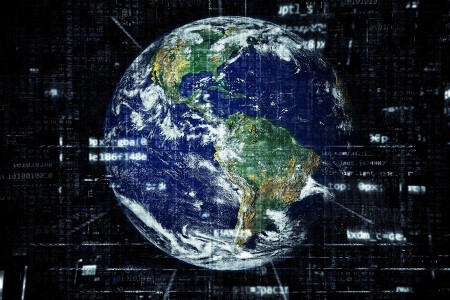
The panel will include discussions of technical censorship and throttling by ISPs, the legal implications of surveillance and cyber laws, and the challenges posed by digital disinformation, fake news, and online trolling.
The Internet Governance Forum took place this year in Geneva, Switzerland from December 17th - 21st. Watch the CIPE, CIMA, and NDI organized panel, "The Distributed Denial of Democracy: Threats to Democratic Processes Online"
From the panel description:
Content of the Session:
This panel will open with brief introductions from each participant highlighting the view from their sector of the threats to democracy caused by the weaponization of information and manipulations of access on the internet. This will include discussions of technical censorship and throttling by ISPs, the legal implications of surveillance and cyber laws, and the challenges posed by digital disinformation, fake news, and online trolling. Panelists will then discuss the solutions: how can stakeholders shape a better internet to invigorate 21st century democracies with inclusive participation, including how to apply the IRPC’s 10 Internet Rights and Principles for global and local advocacy. Panel comments will be held to a maximum of 30 minutes to permit participation from the in-person and online audiences as well as dialogue among panel members.
Relevance of the Session:
During the heady days of the Arab Spring the globalization of the internet seemed to be ushering in a new age of democracy and openness, but instead radical shifts caused by these new communications channels have created the most hostile environment to political institutions and long-standing democracies in decades. The shift of political discourse to online platforms has empowered anti-democratic actors who have created innovative new techniques that turn the attributes of the internet against open institutions, harnessing hyper-partisanship, filter bubbles, and age-old human biases, accelerated with content stolen by hackers or outright fake news, to erode trust and increase hatred and xenophobia. At the same time, authoritarian regimes in control of the structures of the internet are increasingly censoring, throttling, surveilling or otherwise manipulating the internet to silence dissent, promote violence, and perpetuate inequalities. Given these challenges, it is up to the defenders of an open internet to consider how to shape the modern agora into a place for vibrant, open, constructive and democratic dialogue. Ensuring that the future of the internet empowers universal human rights and democratic values will require cooperation from government policymakers, civil society leaders, the technology sector, and multilateral fora like the IGF.
- Log in to post comments